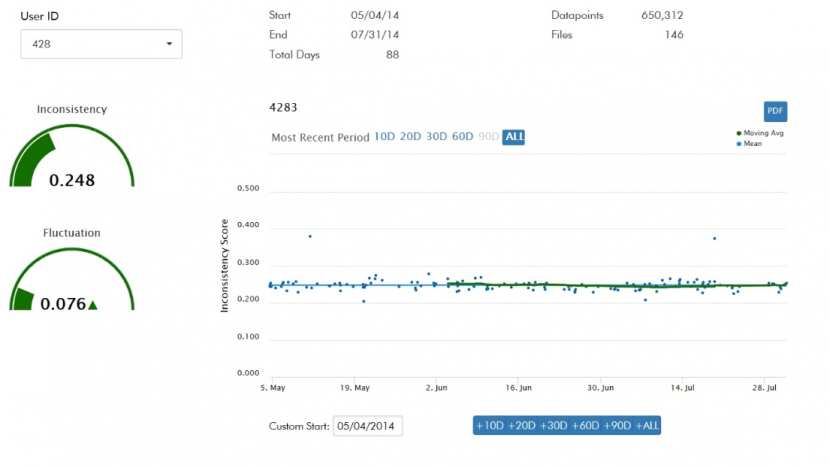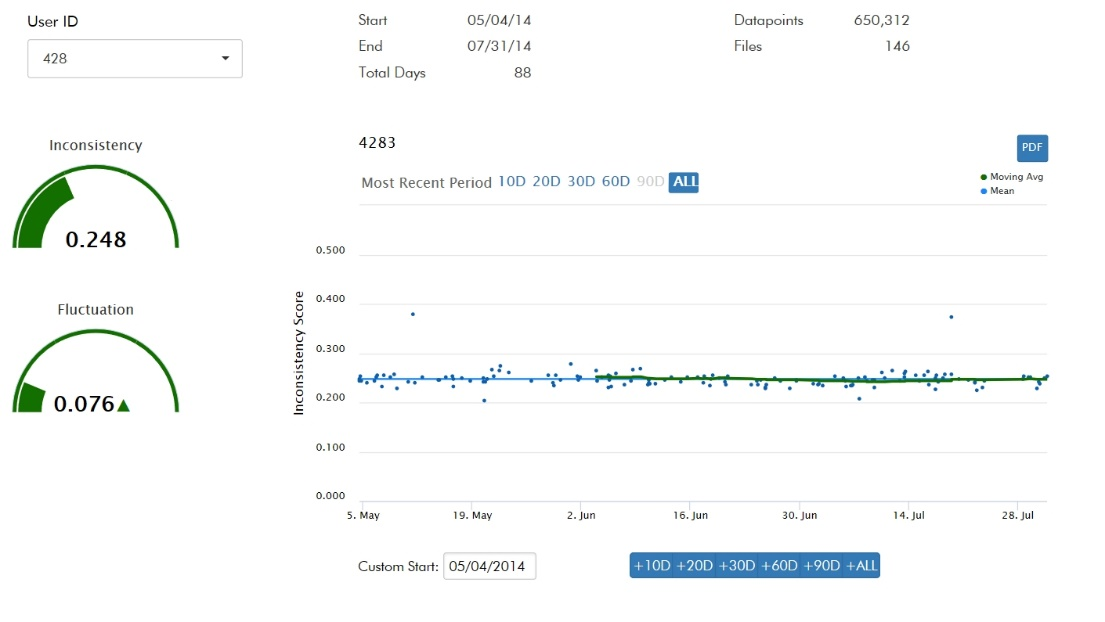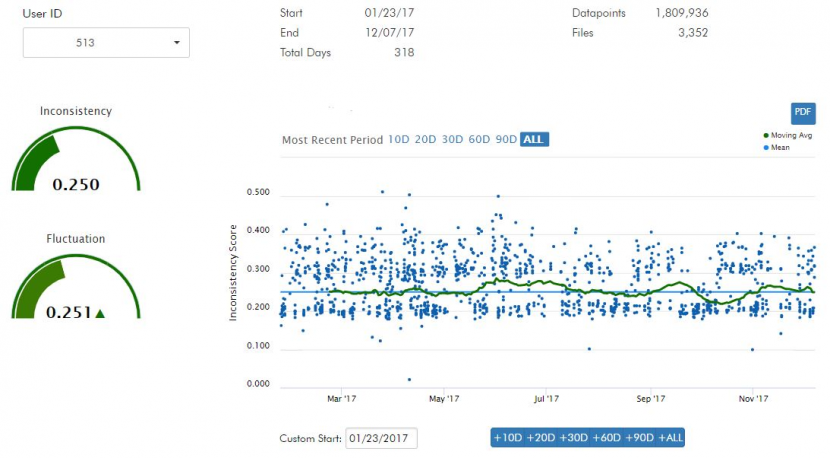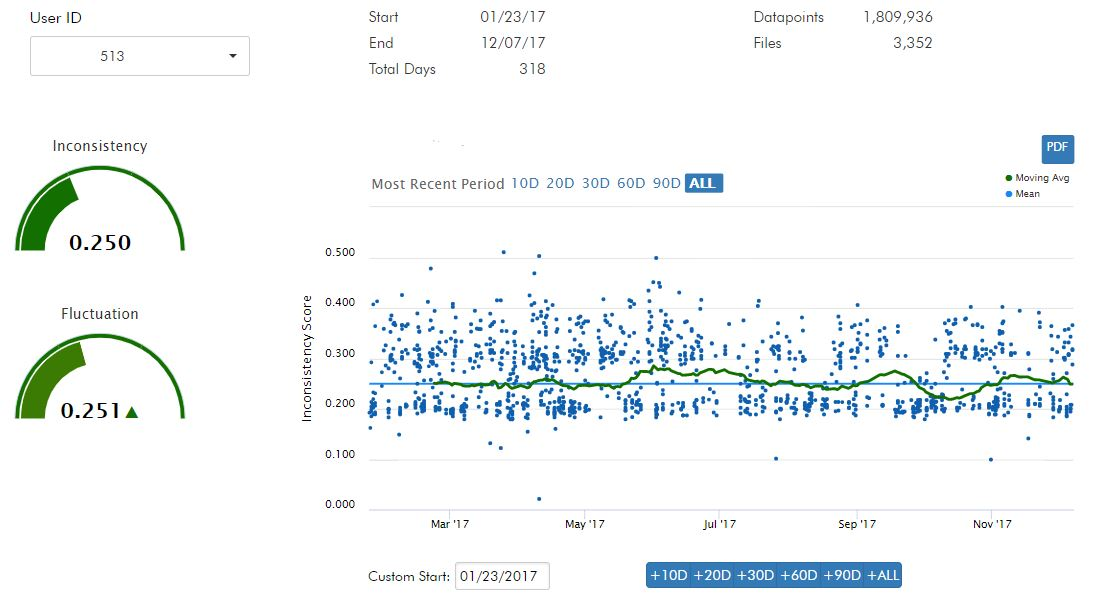Parkinson's disease (PD) belongs to a group of conditions called motor system disorders, which cause unintended or uncontrollable movements of the body. The precise cause of PD is unknown, but some cases are hereditary while others are thought to occur from a combination of genetics and environmental factors that trigger the disease. In PD, brain cells become damaged or die in the part of the brain that produces dopamine--a chemical needed to produce smooth, purposeful movement.
PD usually affects people around the age of 70 years but can occur earlier. PD affects men more than women. PD is a lifelong and progressive disease, which means that symptoms slowly worsen over time. The progression of symptoms is often a bit different from one person to another due to the diversity of the disease.


